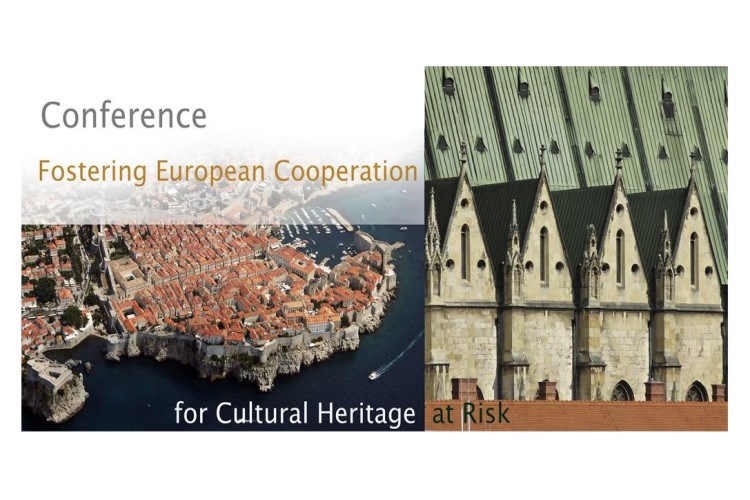



Faced with changes that have had an increasing impact not only on the society but also on cultural heritage – a consequence of natural disasters, damages caused by human actions and inevitable climate change – we have been conscious of the need to channel our efforts into strengthening the risk management mechanisms in cultural heritage, both tangible and intangible.
The awareness of threats to cultural heritage has been highlighted by recent catastrophic damages to cultural monuments and sites, which brought about the reflection on the state of readiness in extraordinary circumstances and the need to foster European cooperation in view of preventing such occurrences and developing common mechanisms to minimise damage, mainly through application of risk management plans in coordination with structured policies, protection measures and good practices implementation in view of effective prevention, and timely and skilled reactions.
Collaborative decision-making is essential; it is a foundation of successful risk management in cultural heritage, having a direct impact onto application of quality principles of interventions on cultural heritage and decrease of negative effects, which is beneficial to society on a cultural and economic level.
Key topics
The topic of the conference aims to generate discussion on an expert theoretical level about the methodology of research and assessment of all types of risks in order to facilitate the decision-making process in preservation and use of cultural heritage, and the optimal use of resources.
The topics of each panel will be focused on the discussions on methods of identification, analysis and targeting of risk priorities, and especially of a better understanding of potential risks, importance of monitoring and adaptation processes. The speedy recovery from damages, sustainable preservation after restoration and identification of possibilities of participatory management through stimulating cooperation of all stakeholders will also come into focus.